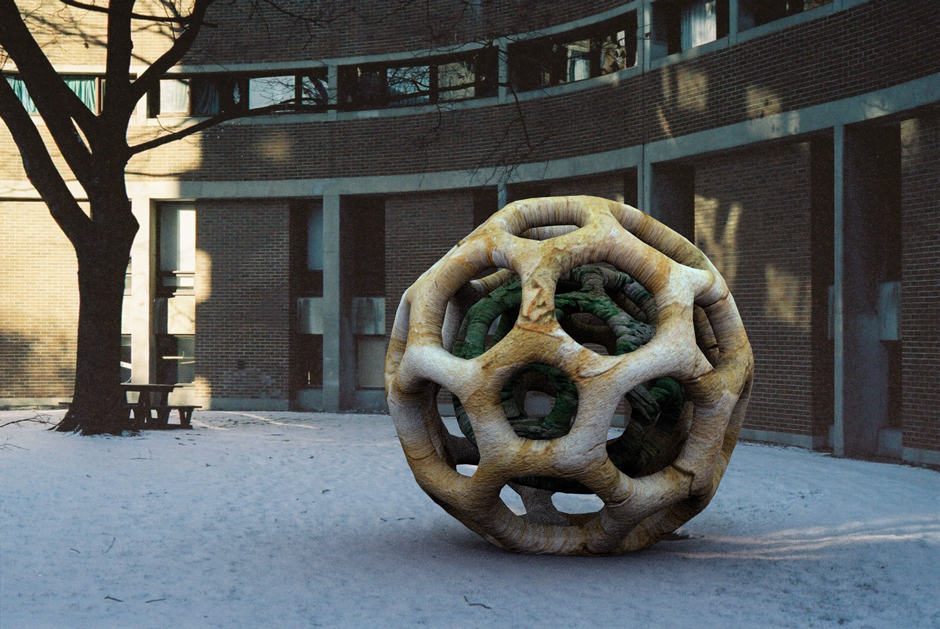Last Wednesday marked the seventh annual International Stem Cell Awareness Day, a celebration first introduced by the California Institute of Regenerative Medicine. On this day, scientists from around the world take time to raise awareness for one of the most important fields of science currently being developed.
Stem Cell Awareness Day is particularly relevant to the U of T community, as stem cells were first discovered in 1961 by two Canadian scientists who were U of T alumni: Dr. James Till and Dr. Ernest McCulloch.
Till and McCulloch discovered special cells that grow in clusters during early development of organisms. The cells differ from other cells because they have the ability to renew themselves and multiply. Their most coveted property is their ability to heal, which is why scientists believe that they may have the potential to cure numerous diseases, such as heart attacks and diabetes. They may also have the potential to regenerate organs. In fact, a recent study is trying to use adult neural stem cell injections to treat spinal cord injuries.
UTM participated in this year’s Stem Cell Awareness Day by holding an annual series of symposium-styled seminars. The seminars are part of a larger organization, ‘Let’s Talk Science,’ which focusses on engaging youth in science, technology, engineering, and math.
Workshops held by Let’s Talk Science include activities such as the Slime Lab, in which students get their hands messy while learning about non-Newtonian fluids, and Hydration Nation, where students analyse physical and chemical properties of various samples of water and help make recommendations for which water samples are safe for drinking.
Osman Mahamud, from Let’s Talk Science provided some details about the specific initiatives of UTM on the day. He explained that UTM “holds a variety of symposiums… which [are] held in Toronto each year.” One of these events is ‘StemCellTalks,’ which helps draw attention to the important field of stem cells, as well as getting students interested in the topic.
“Considering [that] U of T is the [place of] birth of stem cell science [in Canada], it’s a huge accomplishment and something that should be continually challenged to its excellence,” said first-year Forensic Science student, Hira Humayoun.
“Stem cell science is a new emerging field in the subject and has huge potential of curing some of the most fatal disorders, so I believe this awareness is important to educate the youth with, who are currently exploring future career options,” said Mahamud.


